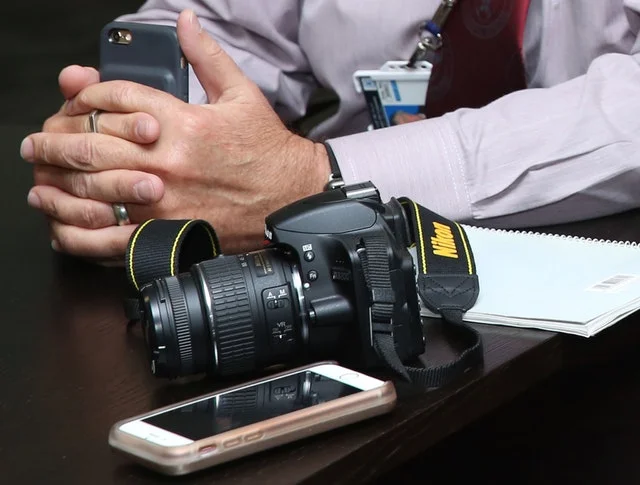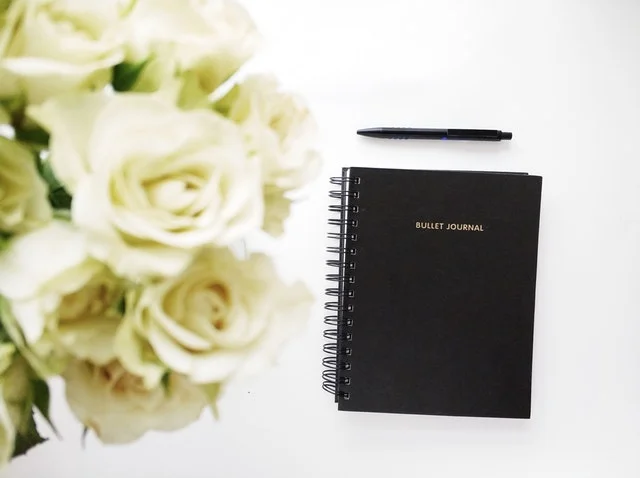Budgeting on a Freelance Income
I’ll let you in on a (sort-of) secret. I’m really, really obsessed with personal finance. I love personal finance articles, books, and podcasts. Currently sitting on my bookshelf is “The Money Book for the Young Fabulous and Broke” by Suze Orman. If you skimmed my iPod, you’d find episodes of the Money Nerds podcast, Millennial Money, Money Girl, Work Your Wealth and the Mo’ Money podcast. When it comes to articles, I love Refinery29’s Money Diaries and Bustle’s Grown A$$ Finance series. You can also get some great stuff on The Financial Diet’s website and YouTube channel.
Over time, I’ve heard very little advice regarding budgeting on a fluctuating income. A lot of personal finance advice is given with the assumption that the person has a stable full-time income. (And these days, waves of layoffs make “stable, full-time income” seem like a thing of the past.)
If you’re concerned about the overall health of your finances, you’re apprehension is well-justified. Here are some tips, based on my experience as full-time freelancer, on how to keep your finances in check while building your business.
Save as much money as possible
This is one of the five key money moves I recommended in the past, but it’s worth repeating. Starting a freelance business was bumpy for me at first. I took time to build my portfolio, my client base and my overall confidence. While you have a full- or part-time job, aim to save six to 12 months worth of income. That way, you can focus on building your business without feeling pressured.
Save using percentages
For staffers or part-time working, automating your savings may look like a defined dollar amount. But in my experience, it’s best to set aside money in percentages. I save 30 percent of my income, for example, for my quarterly federal and state tax payments. I pay myself between 10 and 20 percent of my earnings, but that fluctuates depending on how much money I need to reinvest back into my business. For freelancers, perhaps setting aside a small percentage of income for taxes, retirement or emergency savings other variable expenses will enable you to save flexibly based on your income.
Find anchor clients
Despite the fluctuating nature of freelancing, the way to establish consistency within your freelance business is through anchor clients, meaning clients for which you provide deliverables on a regular basis. You can add a minimum number of stories (meaning 2 stories per month or 1 story per week, etc.) into your contract. Knowing how much you’ll earn from your anchor gives you peace of mind and a baseline on which you can base your budget.
Know your cash flow
Now that you’re a freelancer, you’ve not only got to keep track of story deadlines, but you’ve also need to keep your eye on payment deadlines. Account for payment due dates, banking delays and payment processing delays when determining when money will arrive in your bank account.
Cut as many costs as possible
I work from home, so I can deduct my home office from my rent expenses and avoid paying for a co-working space. If I can’t work from home, I work at the library. I leave early and take public transit to source interviews and client meetings to avoid taking cabs or Lyfts. I use an Office Depot membership to save on office supplies. Look at your regular expenses and see where you can cut costs. The more money you save, the more you can invest back into your business.
How do you budget as a freelancer? Tell me in the comments or email me at contact@thefreelancebeat.com.





